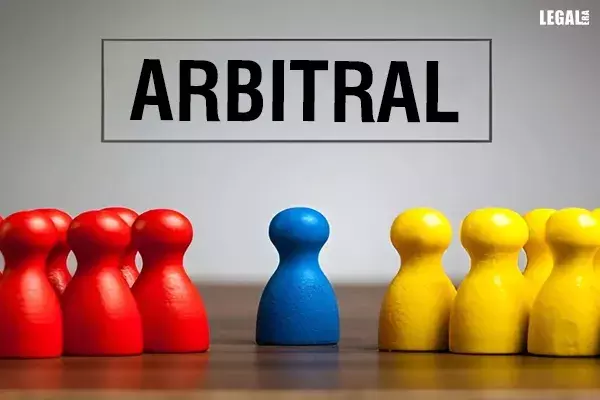Court exercising powers under Section 34 of A&C Act cannot modify arbitral award: Delhi High Court
The decision of the tribunal did not deserve any interference;

Court exercising powers under Section 34 of A&C Act cannot modify arbitral award: Delhi High Court
The decision of the tribunal did not deserve any interference
The Delhi High Court has reiterated that the court exercising powers under Section 34 of the Arbitration and Conciliation (A&C) Act, 1996 cannot modify an arbitral award.
The bench of Justice Yashwant Varma and Justice Dharmesh Sharma held that the court can either uphold the award or set aside any finding. However, it is powerless to modify the award by allowing a relief that was disallowed by the arbitral tribunal.
The judges held that if damage or loss was difficult or impossible to prove, the tribunal was empowered to award the liquidated amount stipulated in the contract. That is if it’s a genuine pre-estimate of damage or loss or reasonable compensation for the amount. In such cases, the claim for liquidated damages (LD) was within the purview of Section 74 of the Indian Contract Act, 1872.
On 13 March 2007, the parties entered into an agreement. As per the terms, the appellant was to act as a Project Management Consultant on behalf of the principal employer, the Central Reserve Police Force (CRPF). The respondent was to carry out installation works. Clause 35 of the agreement provided for the imposition of LD in case of delay in the completion of the project. Also, the payment was on a back-to-back basis. It stated that any payment deduction by the employer to the appellant would be proportionally deducted from the respondent.
While the project was to be completed within seven months, it was inordinately delayed and took 33 months to complete. Accordingly, the appellant imposed the LD and withheld 10 percent of the amount. Aggrieved by the imposition of LD, the respondent invoked arbitration proceedings.
The tribunal partly allowed the claims of the respondent but refused to allow the claim of the respondent on the imposition of LD. It held that the appellant was justified in withholding the amount. Aggrieved by the decision, the respondent challenged the award under Section 34 of the A&C Act.
The court allowed the challenge and modified the award partly. It allowed the claim of the respondent regarding the refund of the LD amount. However, the appellant filed the appeal under Section 37.
The appellant assailed the impugned order on the following grounds:
• The ld. court misconstrued the terms of the contract and placed an erroneous construction on the provisions of the contract.
• It erred in allowing the claim of the respondent regarding the refund of the LD amount by allowing the claim that was disallowed by the tribunal; the court modified the award.
• The modification of an arbitral award is impermissible in law.
The court observed that the arbitral tribunal disallowed the respondent’s claim for a refund of the LD amount. It held that both parties were responsible for the delay in the completion of the project. But it wasn’t possible to segregate the delay between the parties.
It held that the payment under the agreement was to be received on the same terms as by the appellant from the principal employer. The latter had made the payment deduction to the appellant. Therefore, it was to be proportionally deducted from the respondent. The decision of the tribunal did not deserve any interference.
Justice Varma and Justice Sharma held that if the court was not satisfied with the tribunal’s decision, it could have set aside the award. It was not justified in allowing a claim that was disallowed by the tribunal. The court modified the award by going beyond the scope of Section 34.
Thus, the judges upheld the arbitral award, while setting aside the impugned order.

